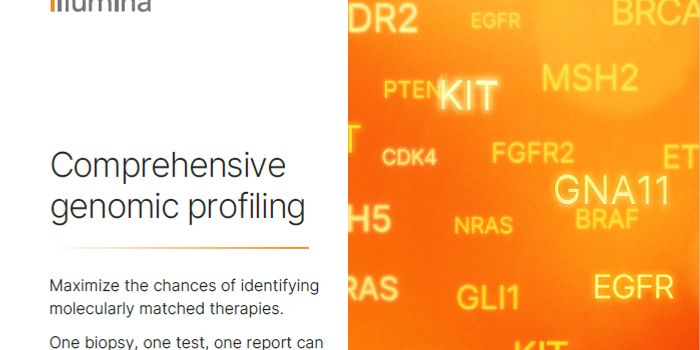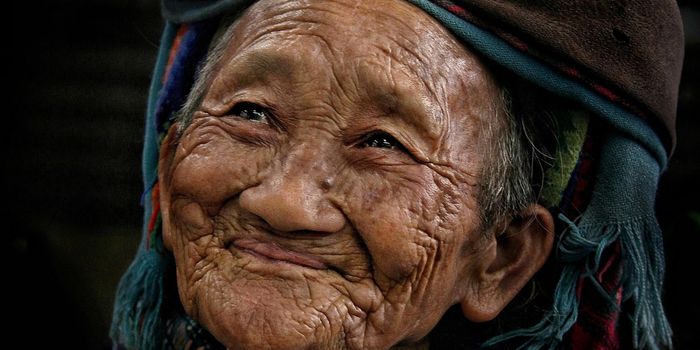Using Genetic Tools to Find Treatment Options for PTSD
With genome-wide association studies (GWAS), researchers have been able to link small variations in the genome to a greater (or lesser) likelihood of many different diseases, including some psychiatric disorders. But there are so many of these connections in so many different genes it's sometimes difficult to know the biological effect of each genetic variant either on its own or in combination with the many other variations a person may carry in their genome. In the case of some diseases including mental illnesses, various patients may also exhibit a wide range of symptoms, which might have different genetic causes or connections in each individual.
Researchers have now been able to untangle some of these links, and the work has revealed that post-traumatic stress disorder (PTSD) may sometimes have genetic similarities to other mental illnesses including anxiety, bipolar disorder, and schizophrenia. The research has also suggested that some medications that are already used for other illnesses may be helpful in the treatment of specific symptoms of mental disorders that present differently in different patients. The findings have been reported in Nature Genetics.
"The complexity is still there, but this study helped us chip away at it," said co-senior study author Joel Gelernter, the Foundations Fund Professor of Psychiatry and professor of genetics and neurobiology at Yale.
In this study, the scientists assessed the whole genome sequences of over 250,000 volunteers enrolled in the Million Veteran Program, which is a research venture run by the U.S. Veterans Administration that investigates the relationships between the genetics, lifestyle, military experiences, disease, and health of military veterans. About 36,000 participants have been diagnosed with PTSD.
The researchers decided to do more than just search for genetic variants that are more likely to be carried by people with PTSD; they also looked for variants that have been linked to three types of symptoms that PTSD patients are known to experience to varying degrees. These symptom types are: the re-experience of past trauma; acute anger, irritability, or hyperarousal; and avoidance of people or things that may be connected to a traumatic event.
There were some common genetic threads running through all symptom groups. But there were also certain genetic variants that were connected to only one or two of the symptoms.
"We found a remarkably high degree of genetic relatedness between these three symptom subdomains. But we also wouldn't expect them to be genetically identical, and they are not," Gelernter said. "We found biological support for different clinical presentations of PTSD."
Some genetic variants that were linked to specific types of symptoms have also been connected to other mental disorders including depression. It may therefore be possible to treat some symptoms of PTSD with drugs designed for other disorders.
"Our research pointed to some medications that are currently marketed for other disease states and could be repurposed for PTSD," said co-senior author Murray Stein, Distinguished Professor of Psychiatry and Public Health at UC-San Diego.
Some of the genetic variants that had associations with all the PTSD symptom groups have been already been connected to other neuropsychiatric disorders. The PTSD-associated variants of the MAD1L1 gene, for example, have been linked to schizophrenia and bipolar disorder.
Sources: AAAS/Eurekalert! via Yale University, Nature Genetics









